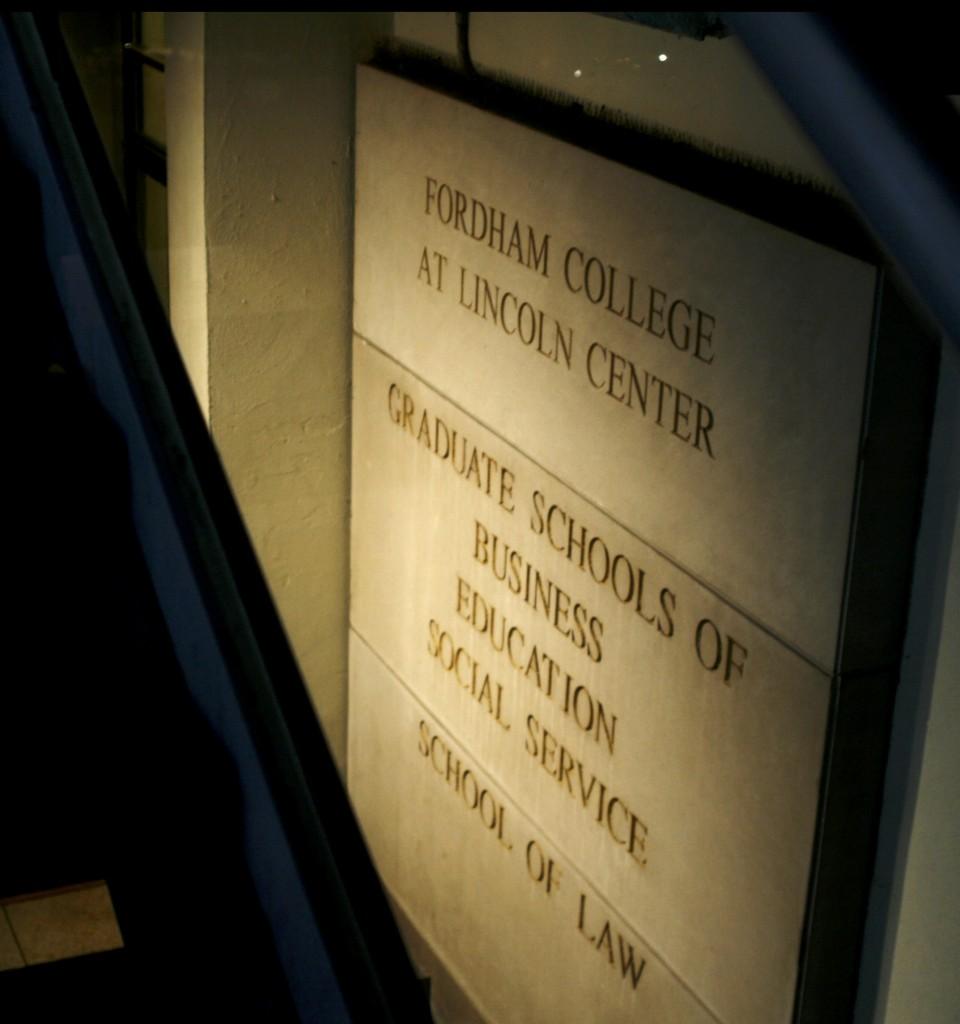Riding out the Recession in Graduate School
June 5, 2011

Published: November 13, 2008
In the wake of the fall of many financial institutions, students are left to wonder what will happen to their bright futures. For many, one method of surviving a recession is graduate school.
The extension of one’s academic life serves two purposes. First, it may better prepare you for an increasingly competitive job market. Second, observing the ruins of our financial landscape from behind the hallowed halls of academia definitely puts a little distance between you and panic.
So to help you decide how best to augment your education—or hide from the job market—during these trying times, we’ve come up with a list of options for grad schools. From law to social work, the range of grad schools is as diverse as the students who populate them.
Graduate School of Arts and Sciences
A natural progression for many liberal studies undergrad majors is graduate work in arts and sciences. Current “hot degrees” include Masters in Economics, Masters of Computer Science and Masters in Philosophy, whose training in argument analysis and rhetoric can be applied to the business world, according to Nancy Busch, Ph.D., dean of the Fordham’s Graduate School of Arts and Sciences.
The Investment:
- In preparation: Check with your chosen program, but most require a GRE.
- In dollars: Tuition can range between $40-$60k for the program.
- In time: One to two years, depending on program.
“Though the per-credit cost looks high, most GSAS have extensive financial aid programs for really strong students,” Busch said. In addition, GSAS programs have certificate programs “designed to give [graduates] a package with specific training that you can sell an [employer],” according to Busch.
Law School
Whether an industry leader or John and Jane Doe out buying a house, everyone needs a good lawyer at some point in his or her life. Here’s what you’ll need to know:
The Investment:
- In preparation: The LSAT exam is required for entry.
- In dollars: Median price of $84k (and rising), according to a National Association for Law Placement study
- In time: Three years in a full-time program
In addition, according to Stephen Brown, assistant dean for enrollment at Fordham Law School, you can expect stiff competition to get in. “Ninety-eight percent of Fordham Law graduates go on to find employment in their field with a median starting salary of $160,000,” Brown said. His figure is derived from the class 2007 data following nine months after graduation. However, a recent article in The National Jurist stated that 2008 graduates can expect to earn a starting salary of $160k at larger law firms in big cities (like New York).
Business School
If business is more your speed, then consider working toward your Master’s in Business Administration (MBA) or Masters of Science. An MBA offers any would-be captains of industry a variety of opportunities.
The Investment:
- In preparation: The GMAT exam is required for entry.
- In dollars: Average cost is $40k–$60k per year, depending on the program, according to Business Week.
- In time: Plan on two years if you are going full time.
The process for application is rigorous and the cost high, but the networking and employment opportunities may far outweigh the other considerations. “Enrollment for Fordham GBA is up 30 percent, which is on par with most business schools [right now],” said Stuart J. Lipper, associate dean at Fordham Graduate School of Business Administration. Careers can include accounting, business management, e-Business/e-commerce, entrepreneurship, finance, global management, human resources management and technology management.
Graduate School of Education
If the academic life is your calling, then definitely look into getting a Master of Art in teaching. Specialties range from early childhood, special education and adult education to teaching English to non-English speakers.
The Investment:
- In preparation: The GRE exam is required for entry.
- In dollars: From $15k to $30k for the program, according to a comparison of programs.
- In time: Plan on two years for full time.
Besides teaching, this degree can qualify you for a career as a guidance counselor, private tutor, camp counselor and director and education outreach specialist. New York has a program called NYC Teaching Fellows (NYCTF) for eligible college grads. If you qualify, the NYCTF will help you find a job within any of the five boroughs. In addition, while teaching, each Fellow works toward his or her NYCTF subsidized Master’s degree in education.
This may be an ideal solution for those who would prefer to emerge from grad school without a substantial debt.
Graduate School of Social Services
For those interested in working with communities and improving the welfare of others, a Masters in Social Work is an ideal degree. Most programs offer studies in clinical work track with individuals, administration track in policy development and funding or a research study track.
The Investment:
- In preparation:Depending on the school, a GRE exam may be required.
- In dollars: Median price is $21k per year, according to The New Social Worker magazine.
- In time: Plan on two years if going full time.
“Even in our current economic crisis, fields in social services are growing; working with veterans, trauma and disaster relief and gerontology, to name the more relevant careers. These fields require mental health work, intervention, community organization,” said Benay Lindenauer, L.S.W., director of career development for Fordham’s Graduate School of Social Services. “Also, you don’t get downsized in social services because the more you know, the more valuable you are.”
But before you get too comfortable with the notion of riding out the recession in graduate school, there are some hard questions to ask. What do you want to do with your life? Remember that grad school is still a means to a professional end. It is not the place to “find” yourself. With the wrong approach and the thousands of dollars of investment, you will most likely find yourself in debt.












